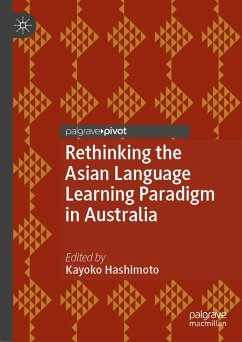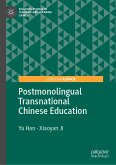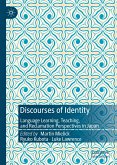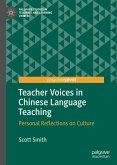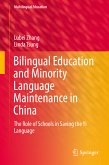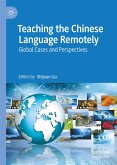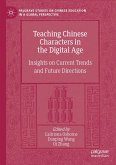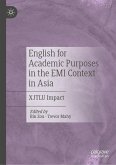This edited book calls for a rethink of the current Asian language learning paradigm that frames Asian languages as strategic and economic tools, rather than an inherent part of Australian society. As an increasing number of Australians have Asian ancestry and speak languages other than English at home, it argues that we must reset the paradigm and understand Asian languages as intrinsically Australian to maximise existing linguistic and cultural assets. The interdisciplinary chapters, focusing on Japanese, Chinese, Korean and Vietnamese, report on the state of Asian language learning and teaching in mainstream educational settings as well as heritage language education in informal contexts in Australia. With an additional chapter on implications for other Anglophone countries, this volume urges a transformative approach to Asian language education in the context of current global migration and multilingual demographics in order to nurture global citizenship and honour linguistic diversity. The book will be suitable for academics, policy makers, practitioners and teachers.
Kayoko Hashimoto is Senior Lecturer in the School of Languages and Cultures at The University of Queensland, Australia. She is the author or editor of four books, including
Japanese Language and Soft Power in Asia (Palgrave Macmillan). She is the language and education thematic editor of
Asian Studies Review.
Dieser Download kann aus rechtlichen Gründen nur mit Rechnungsadresse in A, B, BG, CY, CZ, D, DK, EW, E, FIN, F, GR, HR, H, IRL, I, LT, L, LR, M, NL, PL, P, R, S, SLO, SK ausgeliefert werden.

